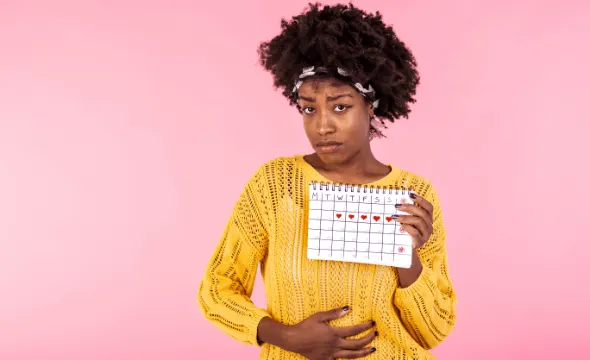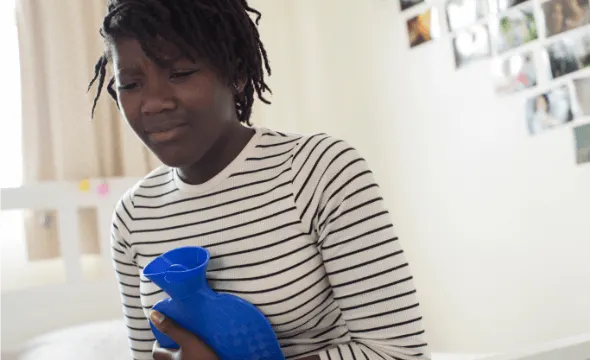Period Pains But No Periods: What Is The Real Reason?

Cramps and period pains during your menstrual cycle go hand in hand. Often, it is a sigh that your periods are just around the corner. However, there could be times when you may experience cramps but no period. Such a peculiar kind of cramps might suggest something serious, like cysts, diseases or perhaps even pregnancy.
You may be unable to tell the difference between period pains and cramps, owing to the similarities. Read on to learn more about the topic period cramps but no period.
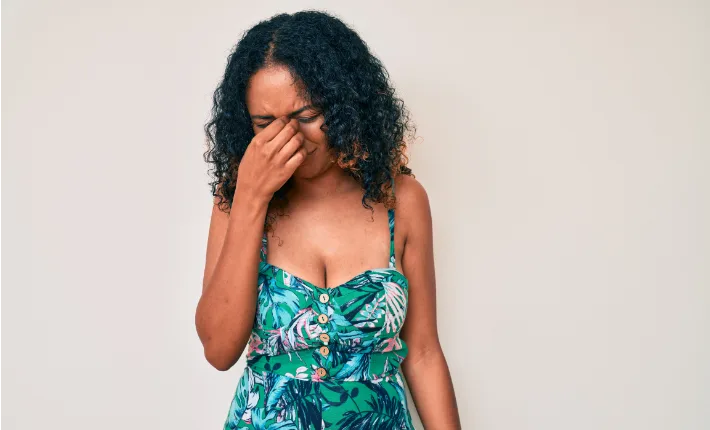

Reasons For Experiencing Cramps But No Period
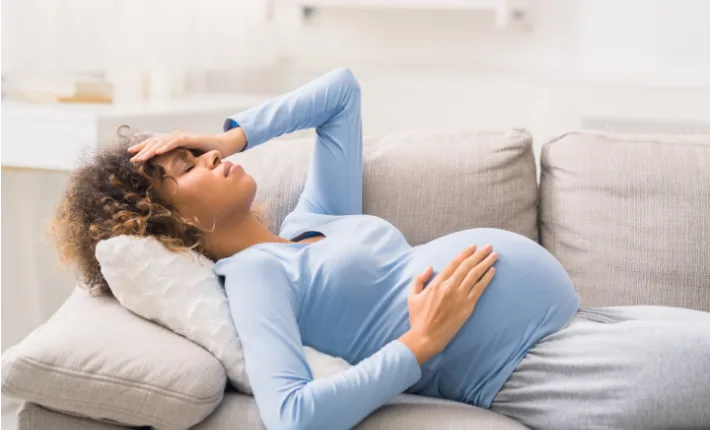

Pregnancy Pain
If you are experiencing period pains but no period, it might lead you to think "Could I be pregnant?". Generally, cramps, no period and white discharge are considered to be some of the signs of pregnancy. Typically speaking, in the early stages of pregnancy, women often experience mild uterine cramps which are similar to period pains. These cramps are known as 'implantation pain' which occur when fertilised eggs implant in the uterus. Apart from missed periods and cramping in the lower abdomen, there could be light spotting. But to make sure whether you are pregnant or not, it's always best to take a pregnancy test.
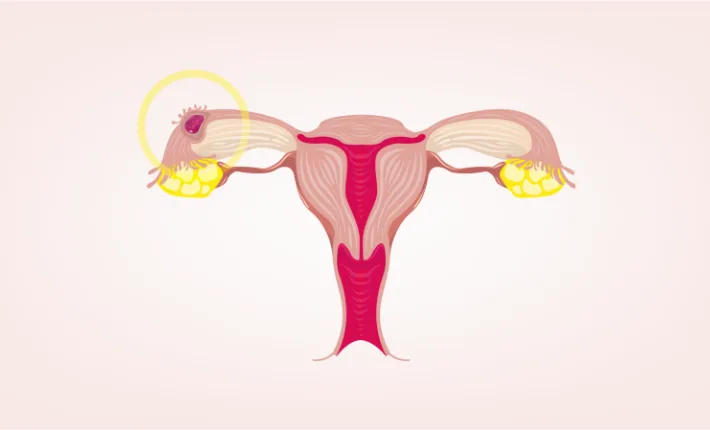

Ectopic Pregnancy
An ectopic pregnancy occurs when the fertilised egg (the baby) grows outside the uterus, mostly in the fallopian tubes. In such a scenario, you would experience a mild period-like pain but no period. This would be followed by sharp, stabbing-like pain in your lower abdomen which sometimes can be felt in the back and even in the shoulders. But before these cramps, you would witness early pregnancy symptoms like nausea, sore breasts and tiredness.
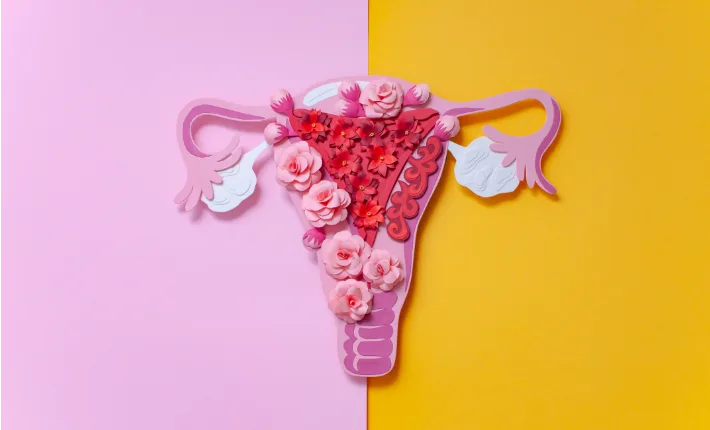

Endometriosis
Endometriosis is a condition in which a tissue, similar to that found in the uterus, begins to grow outside the uterus in different locations. It can cause painful period-like cramps in the lower abdomen and in the back, at any time of the month. This condition can also lead to infertility, painful bowel movement and pain during sex if penetrated deeply.
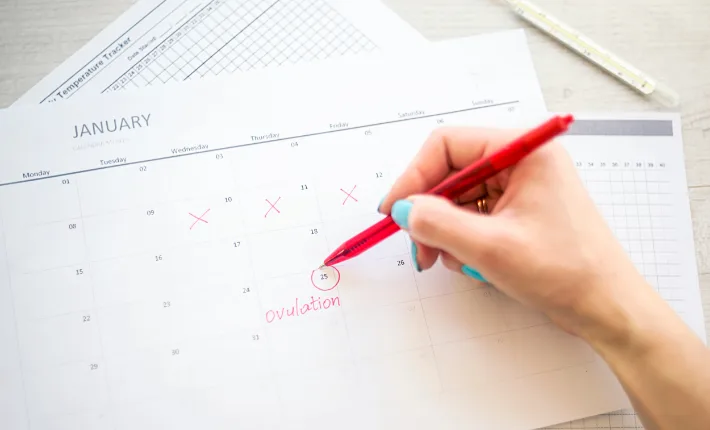

Ovulation
Ovulation is the most common reason for experiencing cramps without periods. It naturally occurs in 10 - 14 days of your period wherein your ovaries release unfertilised eggs. During this, you might experience slight pain in your lower belly called "mittelschmerz," which means middle pain. Other symptoms like vaginal discharge and spotting can also be experienced during your ovulation period. To help be comfortable in this time, Always has got a range of panty liners devised with fast-absorption technology. Select from flexible designs like the Always Comfort Protect to Always Extra Protect which has odour neutralising properties.
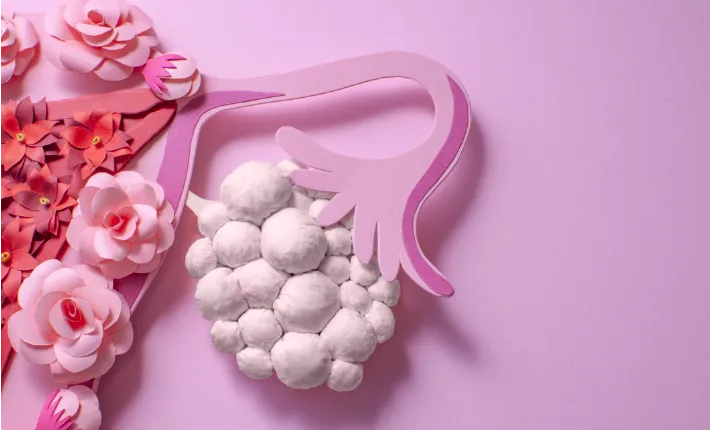

Ovarian Cyst
Another reason for experiencing period pain but no period could be the result of an ovarian cyst. Broadly speaking, a cyst is a sac filled with fluid that can form in the ovaries. Chances are these could rupture and lead to sudden, sharp pain or cramps in the lower abdomen.
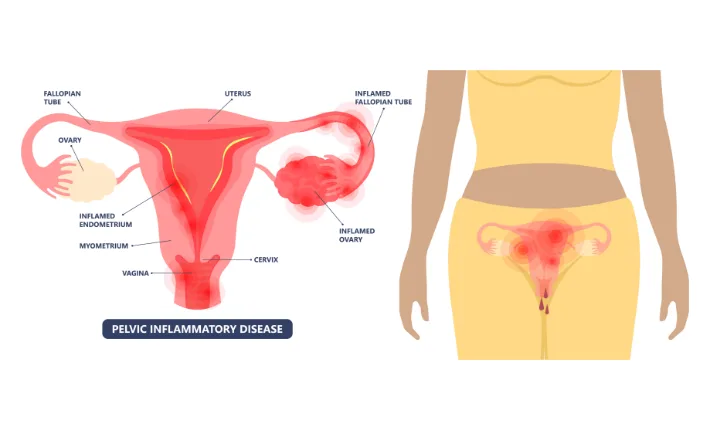

Pelvic Inflammatory Disease
Pelvic inflammatory disease (PID) is an inflammation of internal sex organs caused by bacterial infection. It can lead to abnormal vaginal discharge and cause pain on both sides of your lower belly. One might experience this pain at any time of the month. PID can affect the parts that help one conceive including fallopian tubes, womb, vagina, ovaries and cervix. In such a case, you must see a doctor immediately.
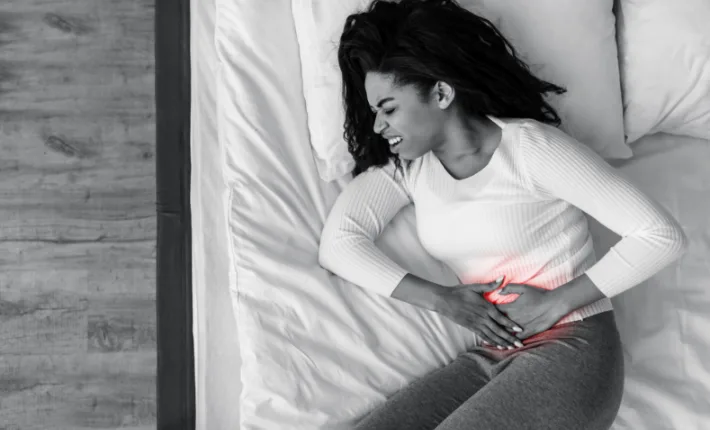

Ovarian Cancer
This could be a rare cause of the pain experienced in the pelvic region. At the start, it may feel like a pain caused by constipation or gas but the pain would keep pressing for a longer time. Other symptoms might include, feeling full all the time, swelling of the abdomen, and an urge to urinate.
Apart from these conditions, you might experience period-like cramps but no period due to:
- Appendicitis
- Interstitial cystitis
- Indigestion
- Pelvic-floor muscle dysfunction
Menopause
Menopause marks the end of a woman’s menstrual cycles. It occurs in the late 40s or early 50s. The average menopausal age is 51 years. A person has reached menopause when their periods have stopped for 12 months continuously. During this time, you may experience hot flashes, mood swings, vaginal dryness and also lose interest in sex. Some people experience pelvic cramps after menopause, and these could indicate serious health issues such as endometriosis, uterine fibroids, constipation or even uterine or ovarian cancer. If you happen to experience period pains but no period, menopause might be to blame. If you ponder, “Period pains but no period, could I be pregnant?”, then you must see a healthcare professional at once.
IUD/Hormonal Birth Control
It is normal to experience cramping when you get an IUD. You are likely to experience cramping and even discomfort when an IUD is inserted. Some people do not experience any cramping at all. You may experience mild cramping for a cycle or two if you are taking hormonal birth control pills. If at all you are experiencing any such symptoms and wondering, "period pains but no period, could I be pregnant?", it’s essential to consider the effectiveness of the birth control you are using. If you are concerned about the unusual symptoms or a potential pregnancy, you should visit a healthcare professional.
IBS/IBD
Irritable Bowel Syndrome (IBS) and Inflammatory Bowel Disease (IBD) are gastrointestinal disorders. While IBD is a long-term chronic swelling and irritation in different parts of your digestive tract, it is different from IBS. The symptoms of IBS include belly pain, cramping or bloating, and it is related to passing stool. People with IBS or IBD could easily mistake it for period-related cramping. If at all, you are experiencing cramps and you notice that there are period pains but no periods then it is essential to seek medical help.
Stress
Cramps but no periods can be the result of stress. If you experience that you have missed your period, but this has not been followed by pregnancy, then you must consult a doctor and have yourself evaluated.
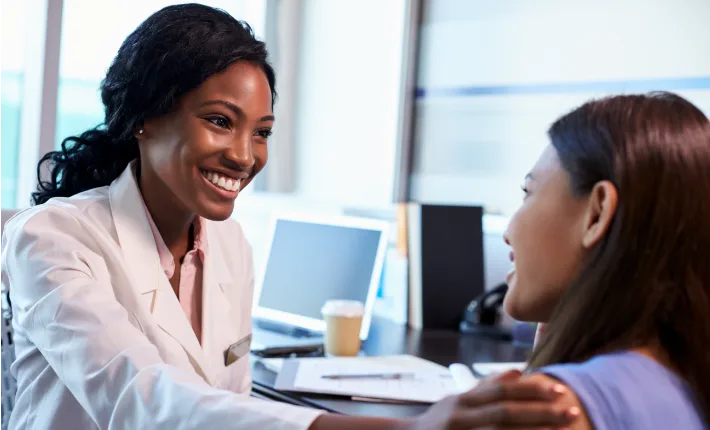

When To See A Doctor
Home remedies for cramps
For those people who are experiencing period cramps but no period, there are certain home remedies that could help provide relief. You can use over-the-counter medications. You can also apply heat on your abdomen and lower back to help relieve the pain.
For those experiencing period cramps but no period, several home remedies can provide relief. Applying a heat pack to the abdomen is a simple method to ease muscle. Massaging with essential oils can be beneficial. Furthermore, you can avoid certain foods, including caffeine, alcohol, salty foods and fatty foods to help with cramps. Additionally, incorporating herbs in your diet might be a good idea as they contain anti-inflammatory and antispasmodic compounds that can reduce muscle contractions and swellings associated with menstrual pain.
However, if you are wondering, "period pains but no period, could I be pregnant?", you should undertake a pregnancy test or consultation with a healthcare provider.
Even though there could be natural reasons as to why you are experiencing cramps but no period, getting yourself checked is always an ideal plan. Consider the following things before you head to the clinic.
- The severity of your cramps
- The occurrence and longevity of your cramps
- Other symptoms apart from the cramps
In case you experience the following symptoms, you must rush to a doctor immediately:
- Abnormal vaginal bleeding
- Pain in the back, arm or chest
- High fever and vomiting
- Severe, worsening pelvic or abdominal pain
- Skin turning yellow
- Rapid heartbeat
- Weight loss
Your doctor will be able to give you the right treatment and guidance. If needed, he might also run a few tests to get all the doubts cleared.
Read more about period symptoms, causes of irregular periods and what causes period pains.
Understanding your cycle is essential for managing your health. Learn how to count period cycle and calculate your next period date with ease in our helpful guide
Disclaimer
Please note the date of last review or update on all articles. No content on this site, regardless of date, should ever be used as a substitute for direct medical advice, diagnosis or treatment from your doctor or other qualified clinician. Always is committed to ensuring that all of our products meet rigorous safety standards; Always pads prioritize safety, protection and comfort of its consumers.




